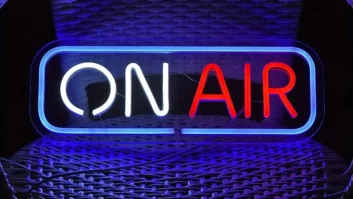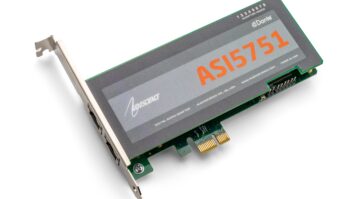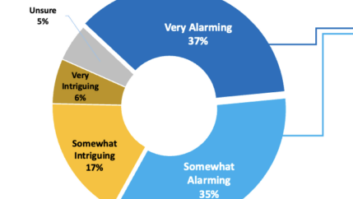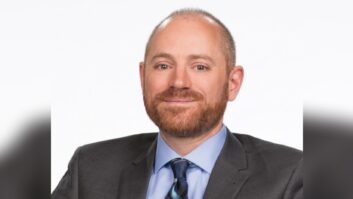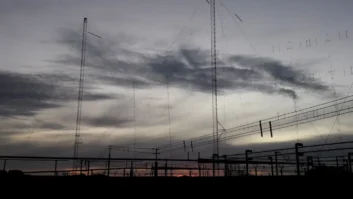During a Sunday “crisis” at one of my transmitter sites a few weekends ago, I was reflecting upon how the old Radio Shack stores could bail out a desperate broadcast engineer on a weekend with a relatively wide selection of transistors, ICs, capacitors, relays, resistors and other components that could get a faulty transmitter control circuit or a bias supply back in operation (the “old-timers” will know what I mean).

The Shack was open Sundays in some cases until 6 p.m.! This was in the days when Radio Shack actually kept a wide stock of parts, and the local store manager knew you by name (knew me, anyhow). As you may know, equipment doesn’t seem to keep any time reference and can “conk out” at any moment, though it seems to have a predilection for failure when parts or support are not available. (This is just my sense of events and not to be presented as a fact based upon some scientific study.)
Now it’s 2017, and we have a different set of issues to deal with. On this particular Sunday afternoon, our internet access to the site in question was down (for as yet reasons unknown), and therefore, I was thrown back in time 20 years and had only telephone DTMF control of the site (yikes!). Why, cause for panic, I say! Having only dial-up access is sort of like driving your car with blacked-out windows using sonar — you can’t see anything, but you know objects are out there.
When I arrived at the site, I determined that my router, WAP and 24-port network switch (not a “smart switch”) were inoperative and, despite all efforts, would not pass data. The broadband router needed a power-cycle; fortunately, it came back up, although the port to which my router was connected was damaged. There had been electrical activity the night before, so I concluded a surge on the incoming cable had done in the router, WAP and switch.
OK, Sunday afternoon — I would rather be watching my promotionally-free HBO, so what to do? I looked up some office supply stores on my iPhone (since my PCs at the site had no internet) and found that a well-known office supply chain (ahem, Office Depot/Office Max) had all sorts of network equipment in-stock. I went to the nearest store and found a managed, 24-port switch (rack mount) and a router, which, although it didn’t have the security features I needed, had port translation capabilities and Wi-Fi built-in. The price was good enough, and within an hour of bringing the purchases back to the site, I was up and running and had restored internet access to the site. As a bonus, I improved the quality of the 24-port switch, which had been there for years!
What’s my point? Are such stores the new Radio Shack of our times? I suggest you know the location of your nearest office supply store — it could save the weekend for you.
INSPECTION
Now I’d like to switch to another, decidedly unrelated topic: the Alternative Broadcast Inspection Program, AKA “ABIP.”
We just had our six stations participate in this program as sponsored by the Virginia Association of Broadcasters. I believe very strongly in this concept and consider it inexpensive insurance against routine FCC inspections. Further, it rapidly brings into focus the things you’ve been doing right, and the practices/procedures you need to improve upon.
Once you pass the inspection, you have a three-year period of semi-immunity from routine FCC inspections (though I hasten to add that this in no way will prevent an inspection if a complaint has been filed against you, or if the FCC receives a credible report of non-compliance in some fashion).
The program is available through your state broadcast association; or check the SBE website for more information. The inspections generally cost $400 per station and usually are conducted by former chief engineers.
Be prepared for the visit by downloading the FCC Self-Inspection checklist and perform your own “pre-inspection” work. The checklists are free and available at: http://transition.fcc.gov/eb/bc-chklsts/.
All for now — keep safe out there!
Dennis Sloatman is director of engineering and IT for SummitMedia’s Richmond, Va., radio stations.







